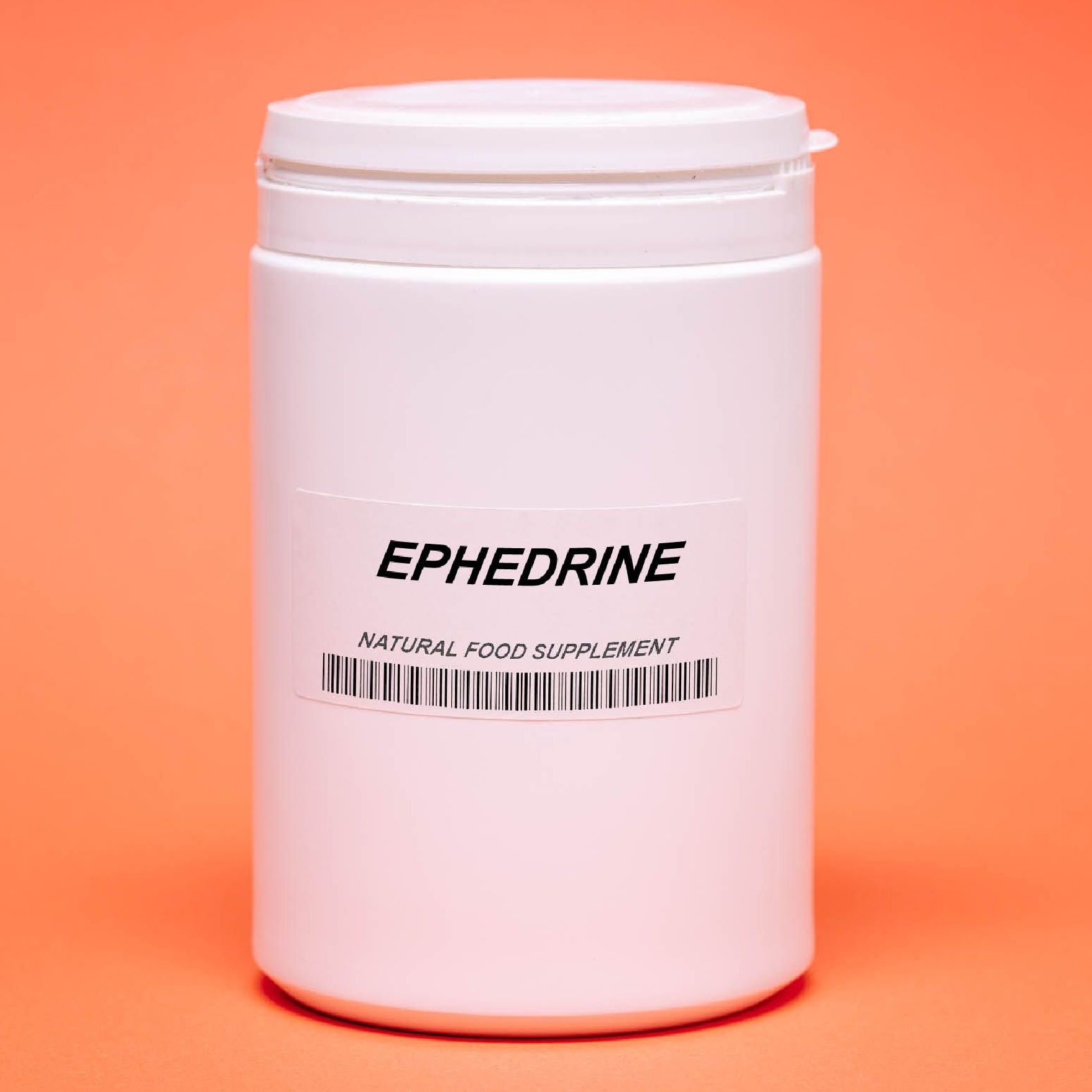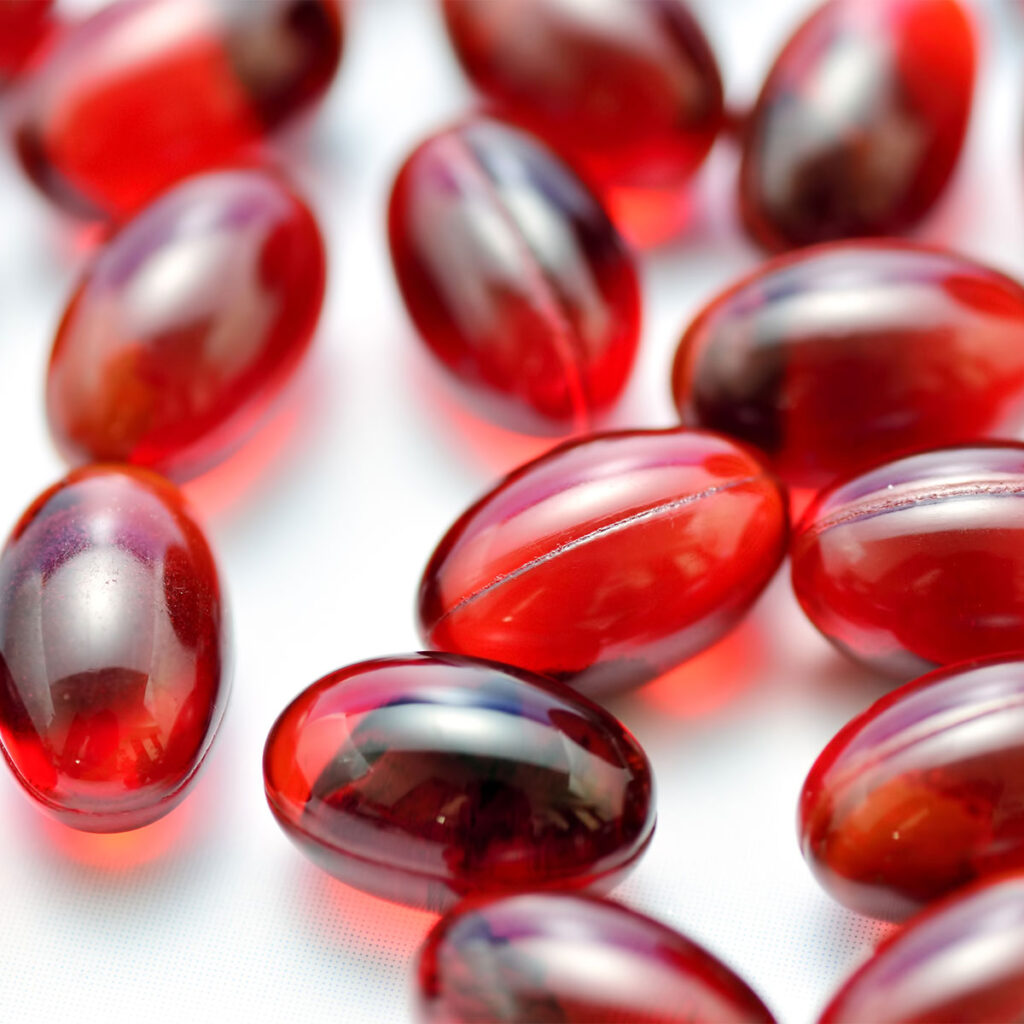
1. Ephedra
If you are concerned about your blood pressure, heart rate, or overall cardiovascular health, Dr. Sambyal says you should steer clear of supplements containing ephedra. "This stimulant can increase blood pressure, heart rate, and metabolism," he warns.
It can be especially dangerous when combined with other medications. "Ephedra can interact with blood pressure medications and other drugs such as caffeine and decongestants," he adds.
Luckily, the FDA banned ephedra back in 2004 when it was linked to heart attack, stroke, seizure, and even death. Unfortunately, though, Dr. Sambyal notes that, "Despite this ban, some products may still have ephedra or its derivatives, like ma-huang in traditional Chinese medicine." Good to know!
2. Beta-Carotene
Beta-carotene is a pigment commonly found in a number of yellow and orange fruits and vegetables. Since it has been shown to offer up potential health benefits, such as better vision and a stronger immune system, it can sometimes be found in multivitamins and other supplements. However, it could be certain individuals—namely smokers—at risk of lung cancer.
"Beta-carotene has been linked to a higher risk of lung cancer in some populations, especially smokers," Dr. Cohen warns. She cites a clinical trial called the Beta-Carotene and Retinol Efficacy Trial (CARET), which " surprisingly showed that people who took beta-carotene supplements and smoked or were exposed to asbestos had a greater incidence of lung cancer." Yikes!
If you happen to eat a lot of carrots, don't worry; this pigment is generally safe when it comes from food sources. However, Dr. Cohen stresses, "high-dose beta-carotene supplements should be used with caution, particularly in groups with a high risk of lung cancer." Got it!
3. Kava
Kava is a common stress supplement that shows promising benefits when it comes to lower anxiety levels. However, what you gain in a sense of calm, you may pay for in health risks, especially when it comes to your liver and kidneys.
"Kava, which is typically consumed as a tea, is a supplement known to promote relaxation," Feder says. As he notes, though, "Consuming kava regularly has been shown to affect enzyme and antioxidant activity in the liver which can lead to liver damage."
As far as your kidneys go, he notes that "Kava may decrease blood flow to the kidneys and cause increases in harmful metabolites which can also damage them."
While kava may be safe for some individuals when consumed in moderation, those with kidney and liver issues are better off staying on the safe side and avoiding it altogether.
The bottom line
In many instances, supplements can be a safe and even healthy addition to your daily wellness regimen. However, it's always important to do your research and educate yourself on all of the potential risks before taking something new. It's especially important to be aware of how they could interact with any other medications you're taking and how they could contribute to any pre-existing health conditions or risk factors (such as kidney issues and smoking). Always stick to recommended dosages, and when in doubt, speak to a doctor.
READ MORE: 2 Surprising Supplements That Can Damage Your Heart Health, According To Experts


